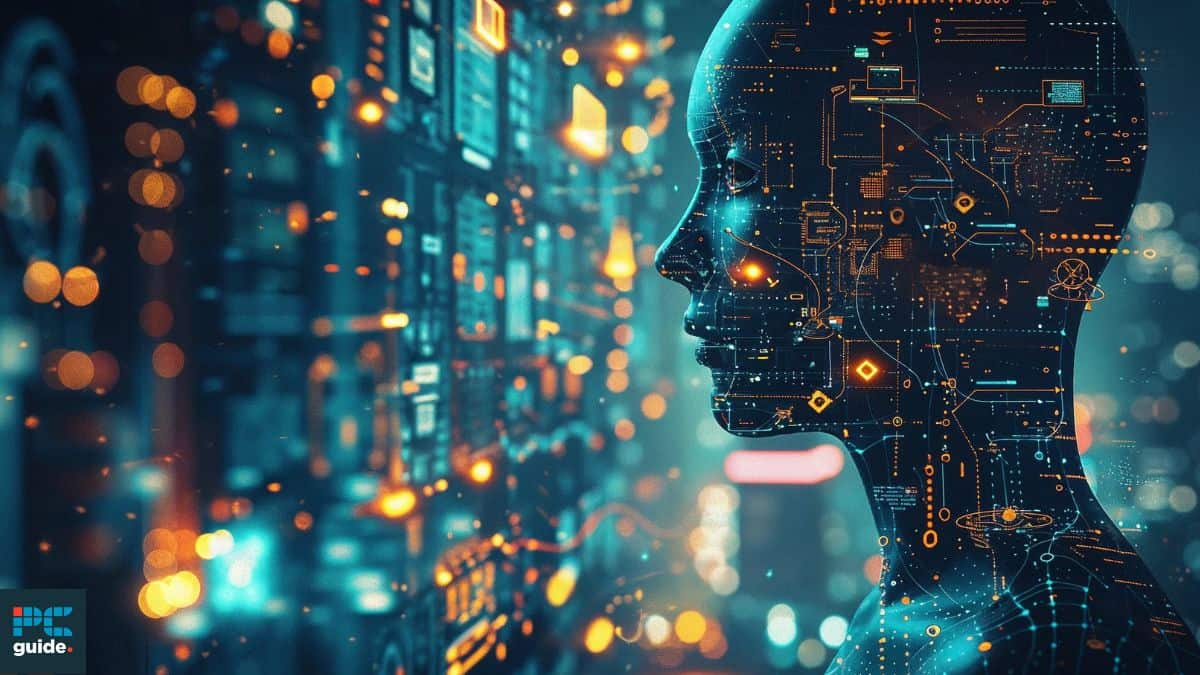What is Devin AI – the AI taking on Upwork explained

Table of Contents
Cognition Labs, a Silicon Valley startup backed by PayPal co-founder Peter Thiel, has unveiled Devin, an AI software engineer so advanced it can complete jobs on the freelancing platform Upwork. While AI-assisted coding is not new, Devin’s ability to work independently and solve problems without human intervention sets it apart and promises to disrupt the field of software development significantly.
What is Devin AI and what makes it special?
Devin’s USP is its adaptability and autonomy across tasks. It showcases significant advancements in AI technology, from debugging systems to contributing code to open-source projects. In one example, Devin’s creators had it accept an Upwork job offer to fix a computer vision system, complete the task, and receive payment—all without human assistance. When faced with challenges, Devin refers to manuals for solutions, and while it may not be ready to replace senior software developers just yet, its already exhibiting the skills of a very talented junior developer.
Andrew Kean Gao, who has early access to Devin, has published a detailed X thread describing his experiences. It reveals both its promise and some pitfalls. Devin has built Gao, a fully working Chrome extension, and completed 80% of the work on a map of Antarctica sea temperatures over the last 50 years. It’s not perfect; for example, it failed to fully build a chess website where the user can play against an LLM, but it’s a clear line in the sand on the road to agent-based AIs.
What does it mean for you?
With AI lowering the barriers to entry, tools like Devin will allow more people to create software without coding knowledge. This will democratize software development and lead to a surge of personalized applications. Imagine describing your ideal app and having an AI like Devin bring it to life before your eyes—faster, more cost-effectively, and perhaps more reliably than many human freelancers. That's the promise agent-based AI software holds.
The rise of AI agents
AI agents like Devin are our first glimpses of truly autonomous AI systems. They operate independently, gather information, and make decisions while learning and working towards specific goals. They even message you to update you on their progress. Their arrival unlocks a cycle of rapid iterative innovation many times faster than those that have come before.
However, such developments also raise questions about the future of work and our role in a world automating at breakneck speed. We will need to address these challenges if we want to ensure that the benefits of AI are available for everyone.
Devin AI – final thoughts
Devin represents an exciting glimpse into a future where artificial intelligence collaborates with us to create better, more accessible software. The age of the AI freelancer is upon us; the challenges are significant, but the possibilities are fascinating and transformative. To find out more, visit the Devin blog.
